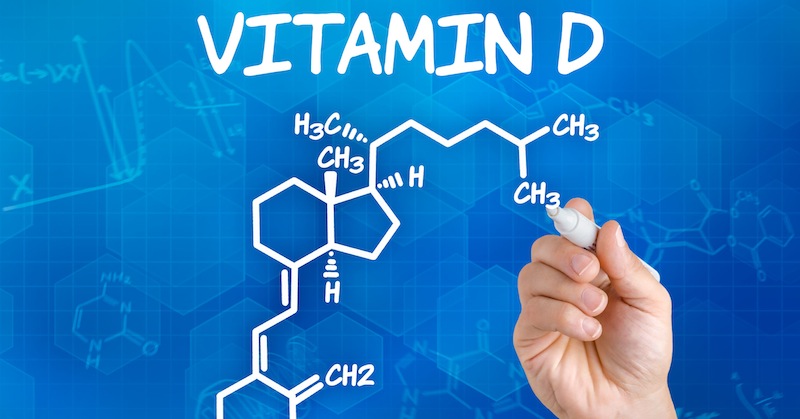How To Fight Inflammation Caused By Rheumatoid Arthritis With Vitamin D
Last updated on
It is no secret that vitamin D is an important part of your daily nutrition, but if you have rheumatoid arthritis, you should be paying special attention to your vitamin D intake. Vitamin D has been demonstrated in various types of research to improve autoimmune conditions.
Vitamin D is suspected to play a role in the development and the worsening of autoimmune conditions. Consistently low vitamin D levels may contribute to the onset of rheumatoid arthritis, and ongoing low levels may cause your symptoms to get worse throughout the course of the disease.
Find out how you can use vitamin D to prevent rheumatoid arthritis or minimize the impact of your diagnosis.
Different Types of Vitamin D
Unless you have spent an extensive amount of time studying alternative health and healthy eating, you may not know that there are two types of vitamin D. Vitamin D2, also known as ergocalciferol, is the vitamin often prescribed by doctors. Vitamin D3, cholecalciferol, is the type of vitamin D your body produces when it is exposed to sunlight.
Vitamin D2 has been linked with a slight increase in skin cancer risk, while vitamin D3 has been linked to a significant decrease. If you plan on supplementing your vitamin D intake, make sure that you are choosing vitamin D3.
Although you can boost your vitamin D levels through food and supplements, some sun exposure is the best way to consistently increase your vitamin D. The average person only needs a few minutes of sunlight per day to get their recommended daily intake.
Foods That Help Fight Arthritis Inflammation With Vitamin D
Vitamin D is naturally present in a variety of foods, so you can improve your rheumatoid arthritis symptoms by making a few changes to your diet. Consider adding some of these foods to your diet to increase your vitamin D:
- Wild fish: Fatty fish, including salmon, mackerel, tuna, trout, and eel
- Mushrooms: Mushrooms that are grown in ultraviolet light have high vitamin D levels, and eating these mushrooms can significantly improve your rheumatoid arthritis.
- Canned tuna: Although it is always best to eat fresh, the cost of fresh fish can be prohibitive for some people. Canned light chunky tuna may be an alternative choice as a source of vitamin D.
Egg yolks: In case you didn’t already have enough reasons to love eggs, now you know that they can also boost your vitamin D levels and improve your rheumatoid arthritis. Egg yolks are where vitamin D resides in this food, so make sure you use the whole egg when cooking. Many people separate out egg yolks for fear of it’s “high cholesterol”. This is a mistake! Eggs must be eaten in whole if you want to benefit of its complete protein.
- Beef liver: If you are adventurous in your eating habits, consider adding beef liver to your weekly diet. This is an extremely concentrated source of vitamin D, and it is also beneficial for those who suffer from low iron levels or anemia.
Cofactors: Avoid These And Your Vitamin D Is Useless
Nutrients don’t typically work on their own. Rather, they rely on other vitamins and minerals to be as efficient as possible. If you are trying to increase your vitamin D intake, you must also increase your intake of other vitamins to ensure that your body can use the vitamin D. Make sure your diet includes these nutrients:
- Vitamin K2
- Magnesium
- Zinc
- Boron
- Potassium
References:
https://www.everydayhealth.com/rheumatoid-arthritis/rheumatoid-arthritis-vitamin-deficiency.aspx
https://www.health.com/health/gallery/0,,20504538,00.html
Some of the links I post on this site are affiliate links. If you go through them to make a purchase, I will earn a small commission (at no additional cost to you). However, note that I’m recommending these products because of their quality and that I have good experience using them, not because of the commission to be made.



 Egg yolks:
Egg yolks:






























 JOIN OVER
JOIN OVER
Comments